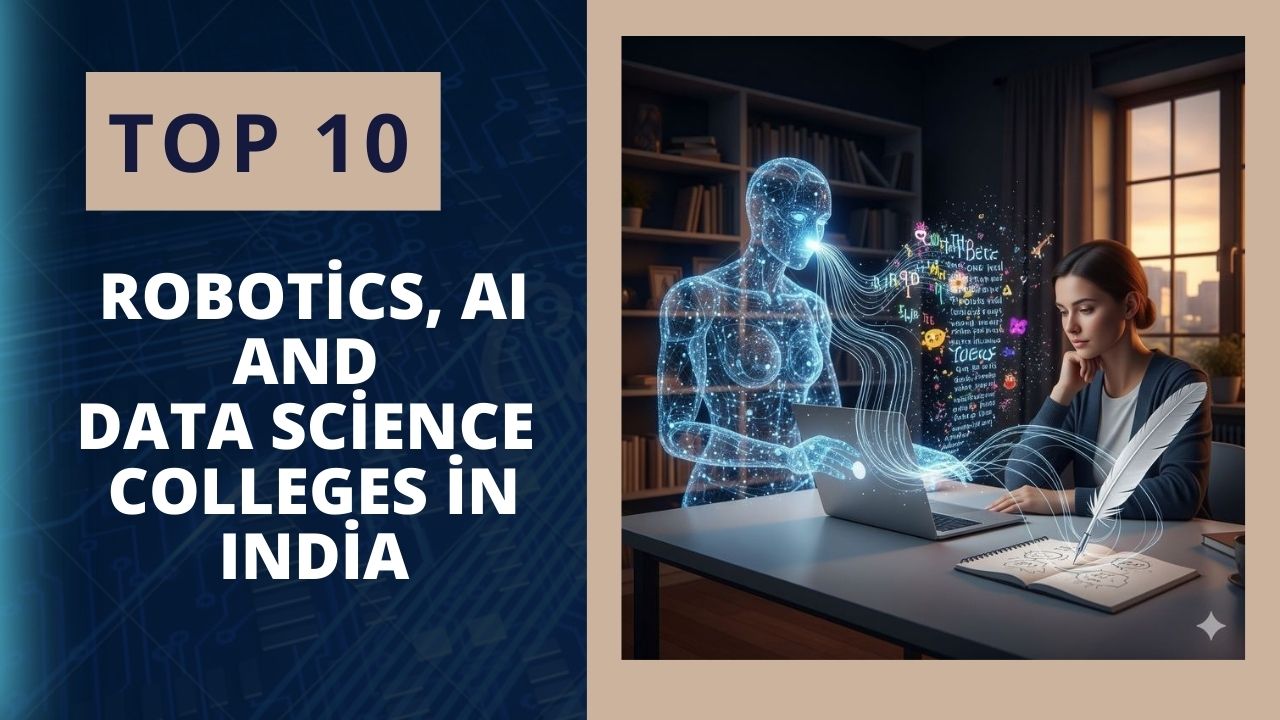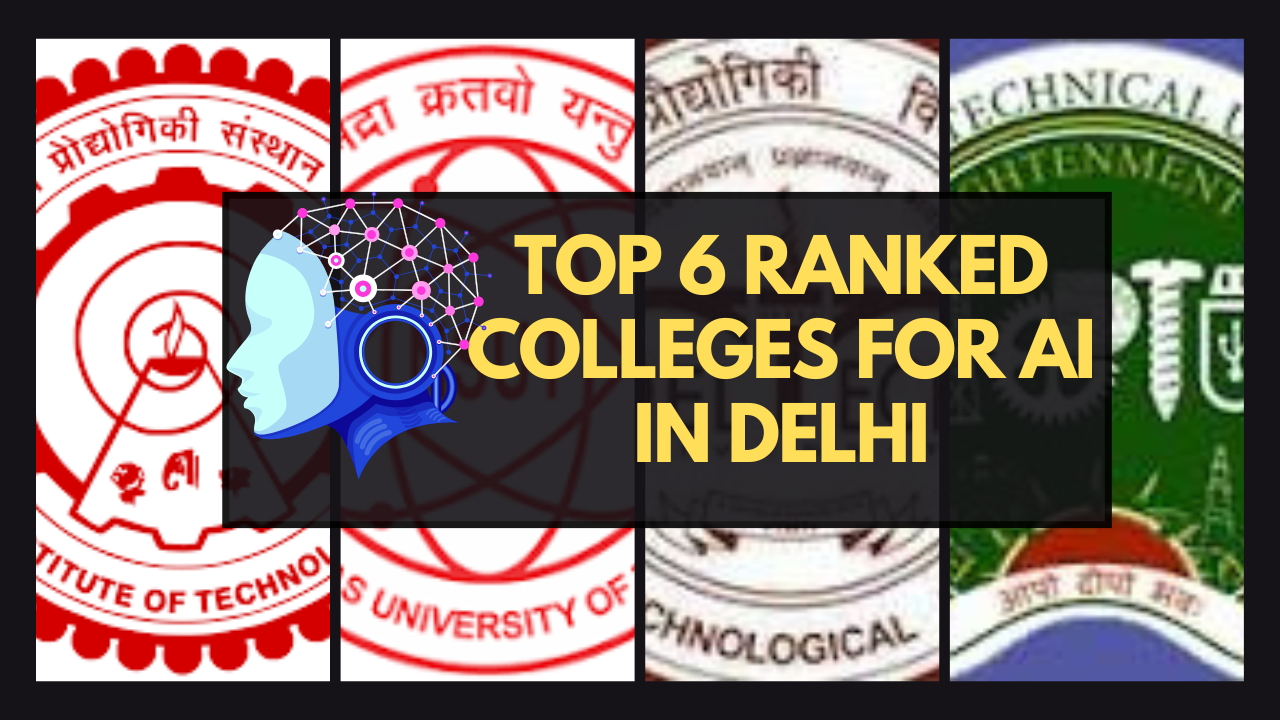Bhoomi Kaushik
Get Real Experts on your side
Before venturing to seek career counseling, answer a few basic questions so we can connect you with our best expert counselor for personalised guidance and mentorship.




Bhoomi Kaushik
13/02/2025
Machine Learning (ML) has revolutionized numerous industries, transforming the way businesses operate and how individuals interact with technology. From healthcare to finance, the applications of ML are vast and continuously evolving. In this blog, we will explore the key applications of Machine Learning and its future potential.
Applications of Machine Learning

1.
Healthcare
Machine Learning is widely used in
healthcare for disease diagnosis, drug discovery, and personalized treatment
plans. ML-powered algorithms analyze medical images, predict patient outcomes,
and assist doctors in making data-driven decisions. For example, AI models can
detect cancerous cells in radiology scans with high accuracy.
2.
Finance and Banking
The financial sector leverages ML for
fraud detection, risk assessment, algorithmic trading, and credit scoring. By
analyzing vast amounts of transactional data, ML helps detect fraudulent
activities in real time and enhances customer service with chatbots and
robo-advisors.
3.
E-commerce and Retail
ML plays a crucial role in e-commerce
through recommendation systems, customer segmentation, and demand forecasting.
Companies like Amazon and Netflix use ML algorithms to analyze user preferences
and provide personalized product or content recommendations.
4.
Autonomous Vehicles
Self-driving cars rely on ML for
perception, decision-making, and navigation. ML algorithms process data from
sensors, cameras, and radar to detect obstacles, recognize traffic signs, and
make real-time driving decisions.
5.
Natural Language Processing (NLP)
ML is the backbone of NLP
applications, enabling machines to understand, interpret, and generate human
language. Virtual assistants like Siri, Alexa, and Google Assistant use ML to
improve voice recognition, sentiment analysis, and machine translation.
|
Undergraduate
Programs |
Post
Graduate Programs |
6.
Cybersecurity
Cybersecurity firms use ML to detect
malware, identify vulnerabilities, and mitigate cyber threats. By continuously
learning from data patterns, ML systems can detect suspicious activities and
prevent security breaches.
7.
Manufacturing and Supply Chain
ML optimizes production lines,
predictive maintenance, and inventory management. It helps manufacturers
forecast demand, reduce downtime, and enhance operational efficiency.
8.
Education and EdTech
Machine Learning enhances personalized
learning experiences, automates grading, and provides insights into student
performance. Adaptive learning platforms use ML to tailor educational content
based on individual learning styles.
9. Marketing and
Advertising
ML powers digital marketing strategies
by analyzing customer behaviour, optimizing ad placements, and enhancing
targeted advertising campaigns. AI-driven tools help businesses maximize their
ROI by predicting customer preferences and engagement levels.
10.
Agriculture
ML is transforming agriculture with
precision farming, crop monitoring, and automated irrigation systems.
AI-powered drones and sensors analyze soil health, detect pests, and optimize
resource allocation for better yield management.
The Future of Machine Learning

The future of ML is promising, with
rapid advancements expected in several key areas:
1.
Advancements in Deep Learning
As neural networks become more
sophisticated, deep learning will continue to push the boundaries of ML
applications, particularly in image recognition, speech processing, and
autonomous systems.
2.
Explainable AI (XAI)
As ML models become more complex, there
is a growing need for transparency and interpretability. Explainable AI aims to
make ML models more understandable and accountable, especially in high-stakes
industries like healthcare and finance.
3.
Edge AI and IoT Integration
The integration of ML with Internet of
Things (IoT) devices will drive real-time data processing at the edge, reducing
latency and enabling faster decision-making in applications like smart homes
and industrial automation.
4.
Quantum Machine Learning (QML)
Quantum computing has the potential to
revolutionize ML by solving complex problems faster than classical computers.
QML could lead to breakthroughs in drug discovery, materials science, and
cryptography.
5.
Automated Machine Learning (AutoML)
AutoML is making ML accessible to non-experts
by automating model selection, hyperparameter tuning, and feature engineering.
This will democratize AI adoption across industries.
6.
Ethical AI and Bias Mitigation
The future of ML will focus on
reducing bias in algorithms, ensuring fairness, and maintaining ethical
standards in AI decision-making. Regulations and guidelines will play a crucial
role in shaping responsible AI development.
7.
AI in Creativity and Content Generation
ML will continue to enhance creativity
by generating art, music, and even writing. AI-driven tools like ChatGPT and
DALL-E are already reshaping content creation across industries.
8.
Sustainable AI
As AI models become more
energy-intensive, researchers are working on developing sustainable ML
solutions that minimize environmental impact and improve energy efficiency.
Conclusion:
Machine Learning is transforming
industries and will continue to shape the future of technology. Its
applications range from Healthcare and Finance to autonomous systems and
creative industries, as advancements in deep learning, explainable AI, and
quantum computing unfold, ML will become even more powerful and accessible.
Businesses and individuals must stay ahead of these trends to leverage the full
potential of Machine Learning in the years to come.










.png)











.jpg)


.jpg)




.png)







.png)

.png)




.png)

.png)
.png)



.png)

.png)


.png)

.png)


.png)

.png)

.png)
.png)

 (1).png)



.png)

.png)
.png)


.png)


.png)


.png)

.png)







.png)





.png)


.png)














.png)













.png)




.jpg)






.png)




.png)


.png)
.png)
.png)
.jpg)



.png)


.png)
.png)
.png)



.png)











.png)
.png)



.png)


.png)
.png)


.jpg)







.jpg)









.jpg)





.png)


.jpg)



Before venturing to seek career counseling, answer a few basic questions so we can connect you with our best expert counselor for personalised guidance and mentorship.
